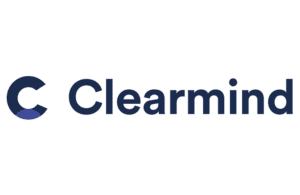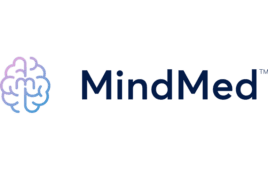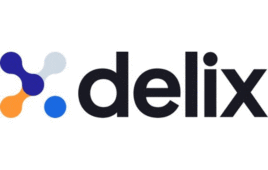 The psychoactive compound 5-methoxy-2-aminoindane (MEAI) is unique among psychedelics with therapeutic potential.
The psychoactive compound 5-methoxy-2-aminoindane (MEAI) is unique among psychedelics with therapeutic potential.
First, the drug could be self-administered. Second, it is patented, unlike psychedelics such as LSD, psilocybin, MDMA and ketamine. And while psychedelic drug developers tend to focus on indications such as depression, anxiety and post-traumatic stress disorder, MEAI could potentially treat alcoholism.
MEAI was first described in 1980 as a non-hallucinogenic recreational drug. Early users of it claimed it reduced their desire to drink.
“It is an unusual situation where you have human testimonies, and now we’re going back to animals,” said Adi Zuloff-Shani, CEO of Clearmind Medicine (CSE:CMNDF), the developer of the drug.
MEAI has “great potential to help with one of the most devastating addictions society knows today, which is alcoholism,” Zuloff-Shani said.
Like a number of other psychedelics companies, Clearmind Medicine is headquartered in Vancouver, Canada. It conducts R&D in Israel.
According to Mayo Clinic Proceedings, some 2 billion people overuse alcohol, contributing to approximately 6% of all deaths worldwide.

Adi-Zuloff-Shani, Ph.D.
MEAI could limit cravings for alcohol while also inducing an alcohol-like feeling of euphoria on its own. Describing it as a “very light psychedelic,” Zuloff-Shani said MEAI produces an experience similar to a glass of wine or beer. “It’s a very euphoric, tipsy but controlled feeling,” said Zuloff-Shani.
Testimonials from users who took MEAI in informal settings report that it reduced their alcohol consumption.
There are plans for a Phase 1 study of the drug.
At present, the treatment landscape for alcoholism is sparse. FDA has approved three medications: acamprosate, disulfiram and naltrexone.
Preclinical data suggest MEAI is safe. A study published in Toxicology and Applied Pharmacology found MEAI had a short plasma and brain half-life, while a paper published in Psychopharmacology concluded that ring-substituted derivatives such as MEAI “may produce 3,4-methylenedioxymethamphetamine (MDMA)-like effects but with less abuse liability.”
“We want to ensure that it is safe and efficacious,” Zuloff-Shani said. “We don’t want to switch one addiction with another.”
Humans who have tried MEAI report it was not habit-forming. “None of the people who tried it said that they wanted to continue consuming it,” Zuloff-Shani said.
“That was very encouraging because when you try to treat addiction, you don’t want people to feel the need to control their behavior,” Zuloff-Shani said.
“You want to give them a good tool that will give them to switch off their willingness to go to drink something — to have them think, ‘I had enough I don’t want to anymore.'”
Filed Under: Psychiatric/psychotropic drugs, Women in Pharma and Biotech



